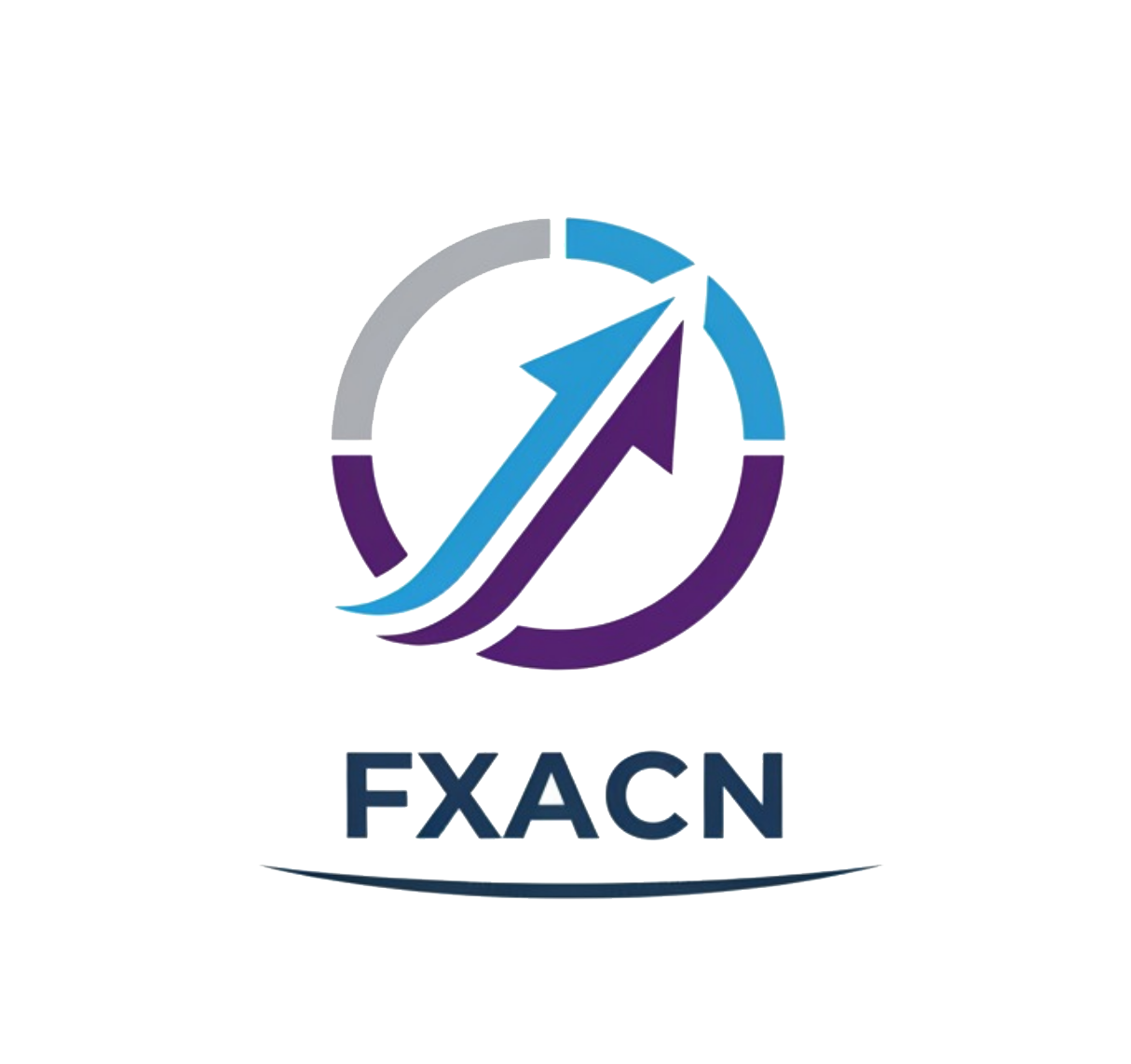Introduction
In the ever-evolving world of forex trading, QFX has emerged as a player since its inception in 2021. Positioning itself as a forex and CFD broker, QFX markets claims to offer a plethora of financial instruments, thereby aiming to attract a broad spectrum of traders from novice to experienced. However, the surge in online trading platforms has also led to increased scrutiny, as traders must ensure they conduct thorough evaluations to avoid scams that could jeopardize their investments. Given the potential for loss, it is crucial for traders to assess a broker’s legitimacy, regulatory compliance, and overall operational transparency.
To investigate the legitimacy of QFX, this article utilizes a multifaceted approach. It focuses on crucial factors such as regulatory status, company background, transaction conditions, the security of client funds, customer experiences, platform performance, and risk assessments. By consolidating these data points, we aim to provide a comprehensive evaluation of whether QFX is safe for trading.
Regulation and Legitimacy
Regulatory Status
The regulatory oversight provided to forex brokers is critical for ensuring that they operate honestly and transparently. Currently, QFX operates without regulation from major financial authorities, raising significant concerns. Regulatory bodies exist to protect investors by requiring brokers to adhere to strict standards for financial practices, client communication, and dispute resolution.
Here’s a quick overview of the current regulatory situation for QFX:
| Regulatory Authority | License Number | Regulatory Region | Verification Status |
|---|---|---|---|
| N/A | N/A | N/A | Unverified |
The absence of regulation means that QFX is not held accountable to any governing body for its operations. This situation is alarming, as traders investing with unregulated brokers lack the reassurance of oversight mechanisms that shield against potential scams. Furthermore, unregulated brokers can engage in dubious practices without repercussion, which could lead to financial losses for clients. The lack of regulatory history may signal an increased risk, hence traders should exercise caution and perhaps reconsider their options in trading with QFX.
Company Background Investigation
Company History and Ownership Structure
QFX Trade Limited, the parent company of QFX, was established in recent years and is registered in the United Kingdom. However, the company’s short operational history raises questions about its stability and reliability. Assessing the ownership structure provides insights into who is running the organization and how transparent they are with their operations. QFX is led by CEO Lavish Choudhary, who has aspirations of empowering traders and enabling them to seize financial opportunities through forex trading.
Despite professing a mission of transparency and innovative trading solutions, QFX’s lack of visibility concerning its ownership and the full management team can be a red flag. The company does not provide substantial information about its founders’ backgrounds, qualifications, or previous expertise in the financial sector, which may deter potential investors seeking reassurance from experienced leadership.
Transaction Conditions Analysis
Fee Structure and Anomalies
When evaluating whether QFX is safe, understanding its transaction conditions and fee structures is vital. QFX advertises a variety of accounts with flexible leverage, providing accessibility for different trading styles. However, high leverage — such as the potential for up to 1:1000 in the standard account — can amplify both profits and risks, necessitating prudent risk management.
Here’s a comparison of transaction costs at QFX:
| Fee Type | QFX | Industry Average |
|---|---|---|
| Spread on Major Currency Pairs | 1.0-1.5 pips | 0.5-1.0 pips |
| Commission Model | No commissions | Varies |
| Overnight Interest Range | N/A | Varies |
Despite low commission claims, the overall spread presented by QFX is on the higher side compared to other industry players. Furthermore, concerns arise regarding any additional hidden fees that may not be disclosed upfront, potentially leading to higher-than-expected trading costs. Traders should thoroughly read the terms and conditions to identify all potential fees that could affect their profitability.
Client Funds Security
Analysis of Security Measures
For traders, the security of their funds with any broker is of paramount importance. At QFX, the absence of regulatory oversight complicates the assessment of how well client funds are protected. The company does not provide clear indications that it employs segregated accounts for client deposits, which is a common practice among reputable brokers to safeguard users’ funds from operational risks.
Moreover, QFX has not made any statements regarding investor protection schemes, which typically assist in compensating clients in case the broker faces operational failures. The lack of such measures heightens the risk for potential investors, making it uncertain if their funds are truly safe when trading with QFX. Any historical incidents relating to fund security further complicate the conversation. While there are no significant reported claims against QFX, the lack of transparency retains a level of uncertainty that may deter cautious investors.
Customer Experience and Complaints
Feedback Analysis
In assessing whether QFX is safe, it is essential to consider customer experiences and feedback. Scrutinizing user reviews can unveil patterns of complaints or issues encountered by traders. However, reviews for QFX have been mixed; while some users have indicated satisfactory transactions, others have raised issues about delayed customer service responses and withdrawal difficulties, which resonate across many unregulated brokers.
The following table summarizes common complaint patterns:
| Complaint Type | Severity Level | Company Response |
|---|---|---|
| Withdrawal Delays | High | Slow/ Unresponsive |
| Customer Service Availability | Medium | Limited Hours |
| Trading Execution Issues | Medium | Varies |
Case Studies
For instance, one trader reported difficulty encashment after closing accounts, experiencing extensive delays. Another individual outlined unsatisfactory customer support interactions when encountering issues related to their trading account. Such instances not only impact users’ trust in the platform but also amplify concerns regarding the overall reliability of QFX.
Platforms and Execution
Performance Assessment
QFX utilizes the MetaTrader 5 (MT5) platform for trading, which is renowned for its sophisticated charting features and execution protocols. Positive reviews about MT5’s technical capabilities stand in contrast to user concerns regarding the execution quality on QFX. Traders have reported occasional slippage during high volatility periods, which can affect trading outcomes negatively.
Additionally, discussions surrounding execution speed linger, as delayed order executions have been cited as a concern by some users, which raises questions about the platform’s integrity during crucial trading moments. Any evidence pointing towards price manipulation or unethical practices should be investigated further to ensure trader interests are protected.
Risk Assessment
Comprehensive Risk Discussion
When weighing the pros and cons of trading with QFX, it becomes evident that there are inherent risks involved. Lack of regulation, potential for hidden fees, and mixed reviews regarding customer service underline areas of concern. Below is a risk assessment that encapsulates the varying dimensions of risk associated with QFX:
| Risk Category | Risk Level | Explanation |
|---|---|---|
| Regulatory Risk | High | No regulation creates potential issues for investors. |
| Financial Risk | Medium | High leverage may magnify both profits and losses. |
| Operational Risk | Medium | User complaints regarding execution and service. |
Risk Mitigation Suggestions
To navigate the risks associated with QFX, potential traders may consider ensuring they only invest amounts they can afford to lose and closely monitor their trading activities. Engaging in risk-management strategies such as setting stop-loss orders can also help mitigate potential losses.
Conclusion and Recommendations
In summation, while QFX markets presents itself as an appealing option for forex trading, the consensus raises significant flags regarding its safety. Its lack of regulatory oversight coupled with mixed feedback and some unresolved complaints gives cause for caution.
For traders considering QFX, it is recommended they do so with a healthy dose of skepticism and conduct exhaustive research to ensure they feel secure in their investment choices. If you are leery of the risks posed by an unregulated broker, several alternative brokers with established oversight might be better suited. Trustworthy brokers licensed by recognized financial authorities, with transparent practices and robust customer service, would offer a safer trading environment.
Remember, when asking “Is QFX safe?” the answer largely hinges on individual risk tolerance and management strategies. Always proceed with careful consideration and further research.


